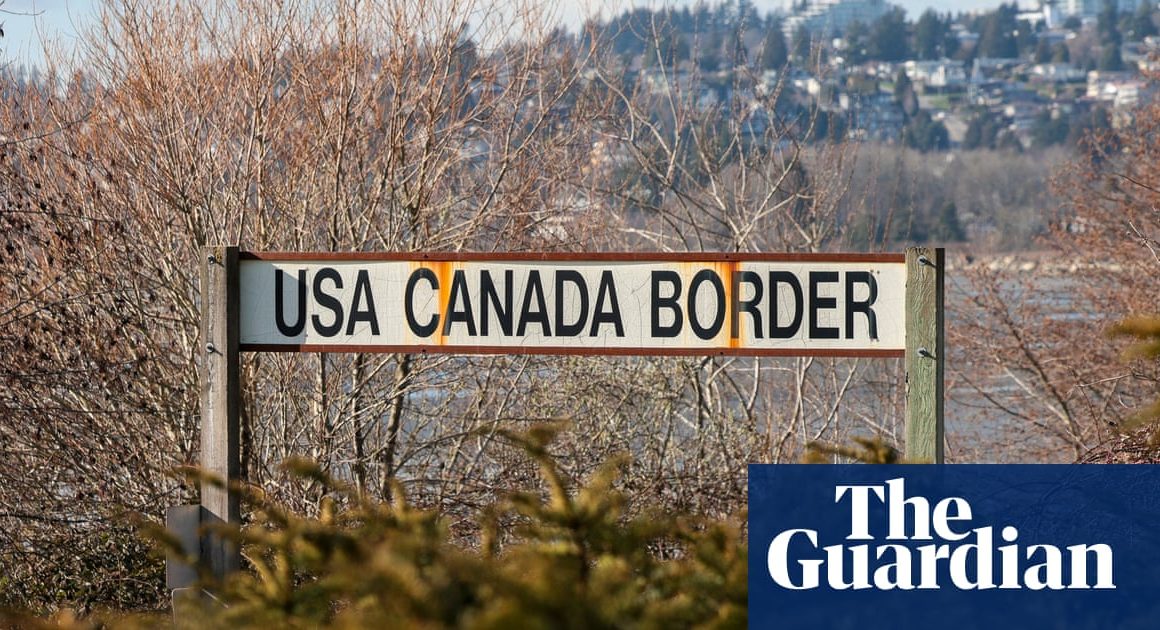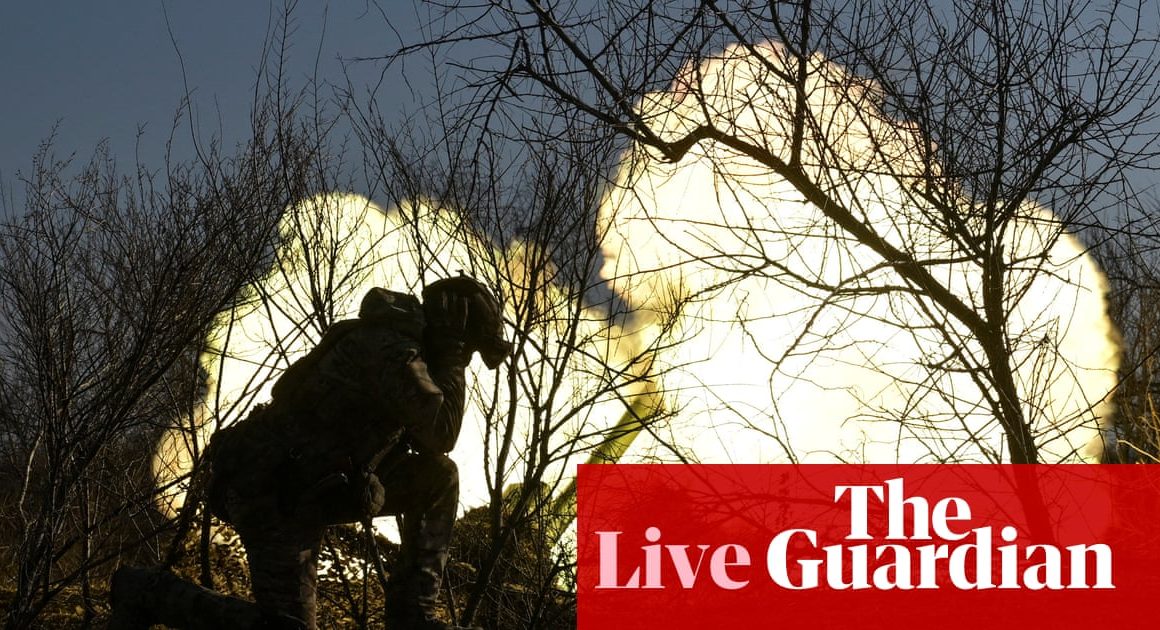Key events
Swedish police press conference at 10am CET
We are expecting new updates from Örebro and Sweden today, with a press conference called for 10am (9am GMT). Notably, we will hear not only from the police but also from the public prosecutor’s office.
Overnight, Swedish media reported that more weapons had been found inside the school as part of the police investigation.
Media reports also named the suspect as Rickard Andersson, 35, a former student who lived locally, who had attended some maths classes at Risbergska some years ago and had been unemployed for a decade. Police did not confirm his identity but said the suspect had no known connection to criminal gangs. There was nothing, they said, to suggest he had acted on ideological grounds.
Let’s see if we hear more on this at the press conference. I will bring you the latest.
Morning opening: Merkel takes aim at Merz on migration, again

Jakub Krupa
Former German chancellor Angela Merkel has repeated her criticism of the CDU/CSU leader and frontrunner in this month’s parliamentary election, Friedrich Merz, saying she could not remain silent about his attempt to overhaul immigration laws with the votes of the far-right Alternative für Deutschland.
Speaking at a Die Zeit event last night, she said that while she was determined not to get involved in “normal political debates,” she found the issue of migration and the firewall against the far-right “of fundamental importance.”
Repeating her previous attack lines (which we reported on Europe Live last week), she said Merz’s actions risked making post-election coalition discussions more complicated and unnecessarily annoying voters. “There is a degree of polarisation (and) turmoil,” she warned.
“A state of affairs must now be found again in which compromises are possible, because it does not look as if any political grouping will get an absolute majority,” she said.
Merkel also rejected any notion that her actions at the height of the migration crisis in the mid-2010s contributed to the rise of the AfD, saying that the party polled at 11% when she left office. “The fact that it is now at 20% is no longer my responsibility,” she said.
But she accepted that more work needs to be done on “persuading” those required to leave the country, and progress should be made on digitising immigration records to speed up decision processes and removals.
A YouGov poll published yesterday showed that some of Merkel’s comments seem to be resonate with the broader public: three-quarters of eligible voters said that the parties in the democratic spectrum “have moved further apart,” and four out of five worried about what this could mean for future coalition talks.
But they also want something to be done on immigration and asylum policy, which came top on the list of issues of importance, mentioned by 35% of voters – way ahead of the economy (16%), environment (7%), and defence and security (6%).
There are just over two weeks between now and the election on 23 February.
We are expecting a flurry of new polls over the next 48 hours that would give us a better idea of who, if anyone, benefited from last week’s migration showdown.
No pressure. It’s only Europe’s largest economy at stake.
It’s Thursday, 6 February 2025, and this is Europe live. It’s Jakub Krupa here.
Good morning.












